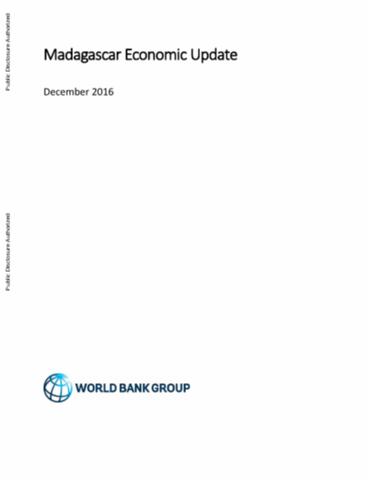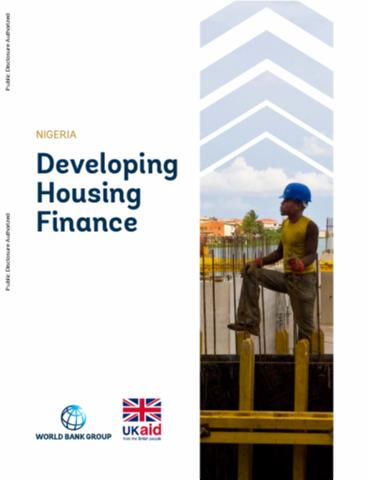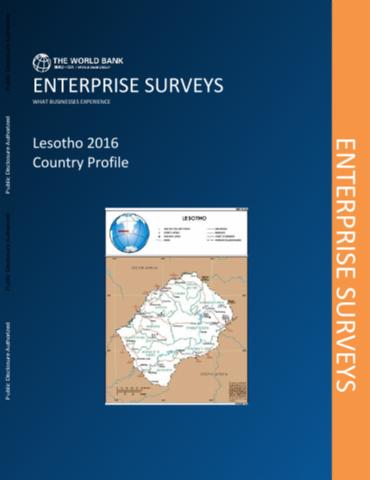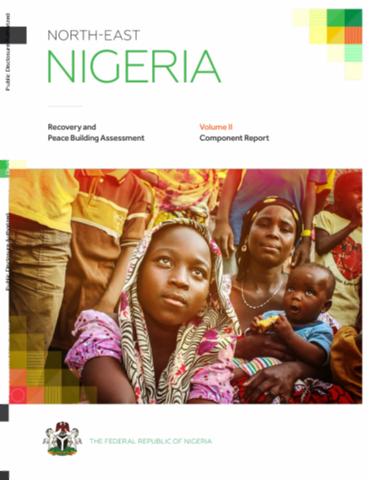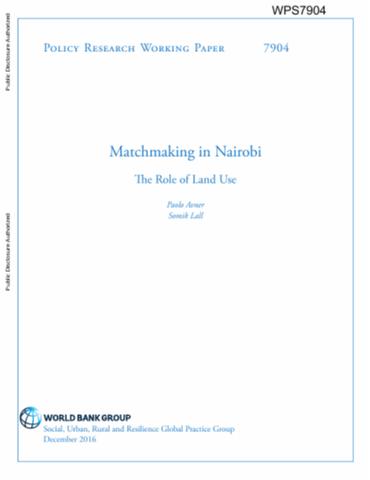The World Bank is a vital source of financial and technical assistance to developing countries around the world. We are not a bank in the ordinary sense but a unique partnership to reduce poverty and support development. The World Bank Group has two ambitious goals: End extreme poverty within a generation and boost shared prosperity.
- To end extreme poverty, the Bank's goal is to decrease the percentage of people living on less than $1.25 a day to no more than 3% by 2030.
- To promote shared prosperity, the goal is to promote income growth of the bottom 40% of the population in each country.
The World Bank Group comprises five institutions managed by their member countries.
The World Bank Group and Land: Working to protect the rights of existing land users and to help secure benefits for smallholder farmers
The World Bank (IBRD and IDA) interacts primarily with governments to increase agricultural productivity, strengthen land tenure policies and improve land governance. More than 90% of the World Bank’s agriculture portfolio focuses on the productivity and access to markets by small holder farmers. Ten percent of our projects focus on the governance of land tenure.
Similarly, investments by the International Finance Corporation (IFC), the World Bank Group’s private sector arm, including those in larger scale enterprises, overwhelmingly support smallholder farmers through improved access to finance, inputs and markets, and as direct suppliers. IFC invests in environmentally and socially sustainable private enterprises in all parts of the value chain (inputs such as irrigation and fertilizers, primary production, processing, transport and storage, traders, and risk management facilities including weather/crop insurance, warehouse financing, etc
For more information, visit the World Bank Group and land and food security (https://www.worldbank.org/en/topic/agriculture/brief/land-and-food-security1
Resources
Displaying 221 - 225 of 4907Madagascar Economic Update, December 2016
Even though a large majority of poor households are engaged in agriculture, per capita productivity and real levels of sectoral growth remain low in Madagascar. Approximately 80 percent of the population are engaged in agriculture, which provides the main source of income for households, albeit at subsistence levels. Cultivation practices are based on extensification strategies with implications for Madagascar’s fragile natural resource base, rather than improving the productivity of existing farms and land use.
Nigeria
This report summarizes the results of the analytical work on housing market finance carried out by the World Bank Group at the request of the Ministry of Finance. The purpose of the work was to inform the policy dialogue about how best to develop a sustainable housing finance market in Nigeria, and improve the effectiveness of interventions aimed at stimulating the housing market and providing quality housing to the population. The work was funded by DFID and carried out over 2013 and 2014.
Enterprise Surveys
The Enterprise Surveys (ES) focus on many aspects of the business environment. These factors can be accommodating or constraining for firms and play an important role in whether an economy’s private sector will thrive or not. An accommodating business environment is one that encourages firms to operate efficiently. Such conditions strengthen incentives for firms to innovate and to increase productivity, key factors for sustainable development.
North-East Nigeria Recovery and Peace Building Assessment
Since 2009, insecurity in the North-East of Nigeria has led to the loss of over 20,000 lives and the displacement of over two million people. Throughout the region livelihoods have been disrupted, and homes, public buildings and infrastructure destroyed. In a part of Nigeria where 80 percent of people rely on agriculture for their livelihoods, much has been lost. People have been forced from their land and livestock has been killed. In many areas, land mines and other remnants of war bring challenges for safe and voluntary return.
Matchmaking in Nairobi
Well-functioning cities reduce the economic distance between people and economic opportunities. Cities thrive because they enable matchmaking -- among people, among firms, and between people and job opportunities. This paper examines employment accessibility in Nairobi, Kenya and evaluates whether modification of land use patterns can contribute to increases in aggregate accessibility. The assessment is based on simulation of counterfactual scenarios of the location of jobs and households throughout the city without new investments in housing or transport infrastructure.






